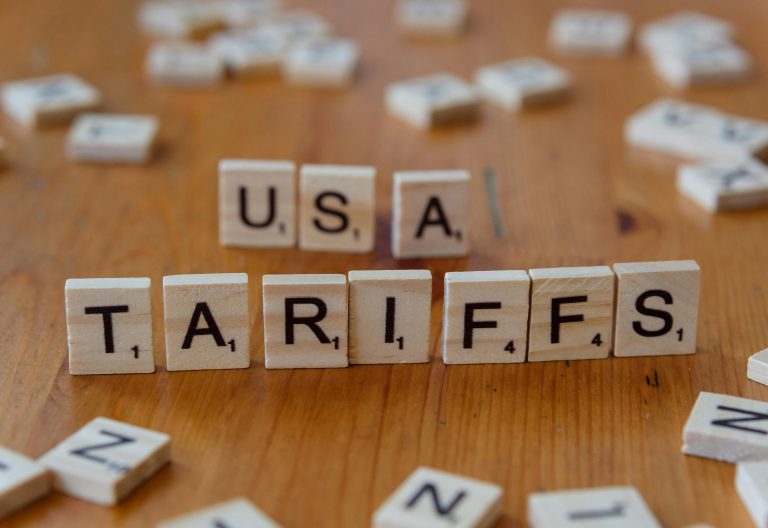Let’s stop whining and think like a superpower

The global lament over Donald Trump’s tariffs has become a tiresome dirge, echoing through the halls of international diplomacy like a broken record.
Leaders from Brussels to Tokyo have spent years wringing their hands over US protectionism, decrying its threat to free trade while offering little beyond performative outrage.
Yet amid this chorus of complaints, a handful of nations have chosen a different tune. China, the European Union, and Canada have not merely protested.
They have retaliated, slapping the US with counter-tariffs that transformed grievance into strategic leverage. Their defiance is a lesson in realpolitik, one that Africa, still shackled by a colonial mindset of dependency, desperately needs to learn.
When Trump imposed tariffs on steel and aluminium in 2018, China responded not with pleas but with precision strikes, targeting $50 billion in US goods, from soybeans to SUVs. Beijing’s retaliation wasn’t just economic; it was psychological, aimed at the heart of Trump’s political base.
American farmers, once buoyed by Chinese demand, found themselves begging for federal bailouts.
The EU, equally unyielding, turned Wisconsin’s Harley-Davidsons and Kentucky’s bourbon into pawns, proving even allies could weaponise trade.
Canada, despite its proximity and partnership, levied $12.8 billion in duties on US steel and yoghurt, a stark reminder that loyalty in geopolitics is negotiable.
These nations grasped a truth Africa has yet to internalise. In a world where power is transactional, strength is reciprocated, not requested.
Africa’s fatal flaw lies in its addiction to fatalism. For decades, the continent has anchored its destiny to the whims of Western largesse, grovelling for debt relief, clinging to expiring trade privileges and mistaking aid for agency.
When Trump gutted the African Growth and Opportunity Act, stripping duty-free access for 37 nations, the African Union’s tepid response revealed a continent still trapped in the mindset of a supplicant.
While others fought back, Africa doubled down on a sorry script – please, sir, may we have some more? This is not humility, it is surrender.
Consider Nigeria, a petro-giant that imports 90 per cent of its refined fuel due to crumbling infrastructure and policy paralysis.
Or Kenya, which exports raw tea to Europe only to reimport it as packaged goods, haemorrhaging 300 per cent in value-added profits. These are not tragedies of fate but failures of strategy.
The world’s ascendant powers do not wallow in victimhood but rewrite the rules. Vietnam, once synonymous with war, now rivals China as a manufacturing hub by courting diversifying multinationals.
India, under US pressure, defends its digital taxes and pharmaceutical patents with the resolve of a nation that knows its worth. Even small states like Singapore and Qatar punch above their weight by leveraging strategic assets.
Africa, meanwhile, sits on a goldmine of untapped potential – 70 per cent of the world’s cobalt, 30 per cent of its minerals, and a youth population set to double by 2050. Yet it watches as others profit from its resources.
The path to emancipation begins with three radical shifts. First, Africa must demand reciprocity, not charity. China’s $1.4 trillion investment in tech self-sufficiency during the US trade war shows the power of strategic decoupling.
African nations should follow suit, mandating local processing and tech transfers in mining deals. Second, regional integration must replace begging bowls.
The African Continental Free Trade Area, capable of generating $3.4 trillion in GDP, remains a paper tiger without unified negotiation.
Finally, leverage strategic assets ruthlessly. Congo’s cobalt reserves, critical for electric vehicles, should be stockpiled and priced on African terms, not sold cheaply to global conglomerates.
The coffee is brewed; it’s time Africa wakes up. Africa must learn to converse, not cower. The continent’s future hinges not on Western benevolence but on its ability to wield its own power – unapologetically, decisively, and with the cold-eyed pragmatism of those who refuse to be pawns.
— The writer is a PhD student in International Relations














